Seven tragic Second World War poems
Less well-known than those of the First World War, the poems of WWII are just as gut-wrenching
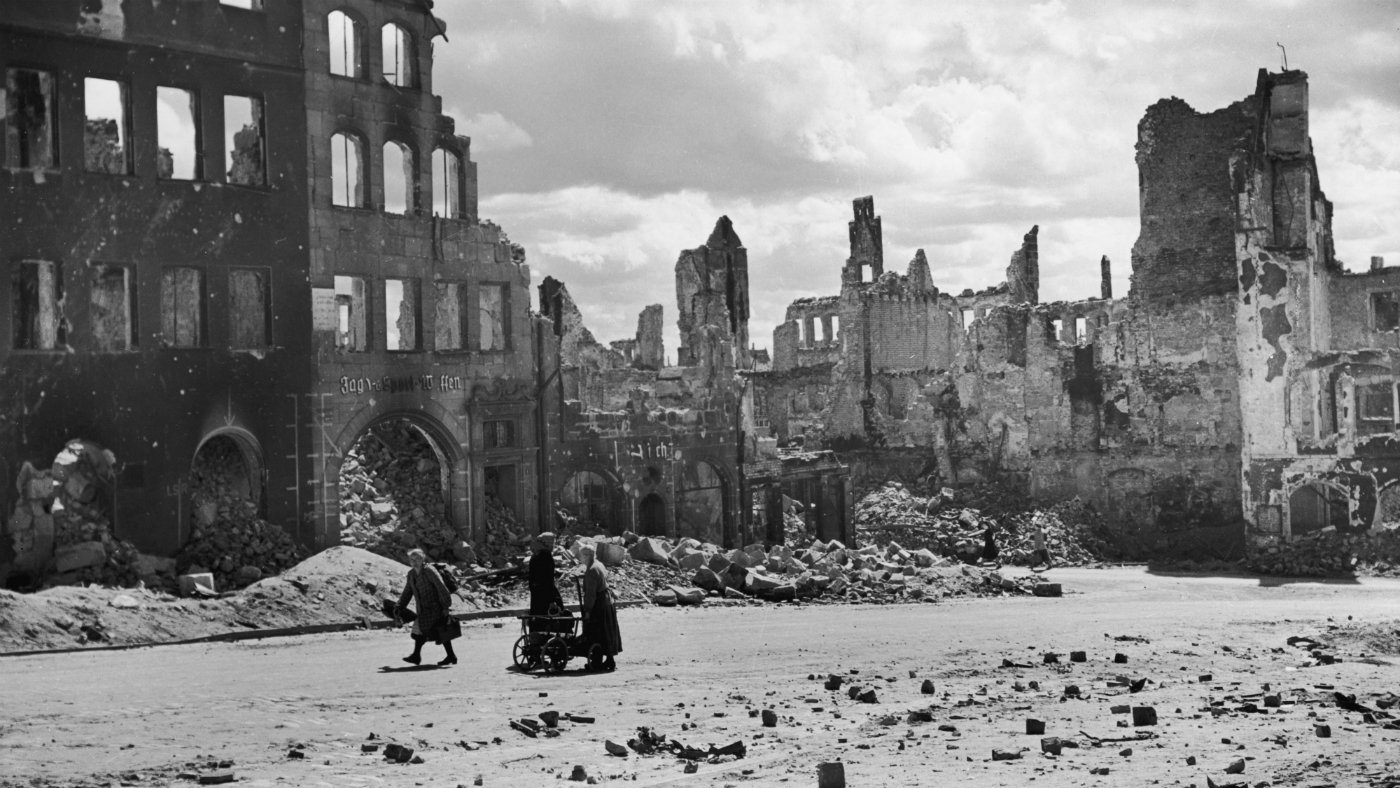
A free daily email with the biggest news stories of the day – and the best features from TheWeek.com
You are now subscribed
Your newsletter sign-up was successful
Many millions died in the First World War and the state of global geopolitics was effectively changed forever, but the conflict was also the inspiration for some of the most moving poetry ever written.
But despite the Second World War being a longer and more devastating conflict, spanning the entire globe and killing more than 80 million people, less attention is paid to poetry produced from 1939 to 1945.
The poems born of the deadliest war in history are distinctive in their bleakness. While the palpable tragedy of the works of Sassoon and Owen carried over into WWII poetry, the delicate mix of grief, romance and touches of gallows humour that marked WWI works is nowhere to be found.
The Week
Escape your echo chamber. Get the facts behind the news, plus analysis from multiple perspectives.

Sign up for The Week's Free Newsletters
From our morning news briefing to a weekly Good News Newsletter, get the best of The Week delivered directly to your inbox.
From our morning news briefing to a weekly Good News Newsletter, get the best of The Week delivered directly to your inbox.
Instead, bearing witness to some of the most grievous war crimes ever committed, the poets of the Second World War – both civilian and military – wrote with an austere brutality, conveying the carnage of the conflict with an oppressive pessimism and often graphic depictions of the horrors of the war.
Here’s a look at some of the finest examples of poetry from the Second World War:
High Flight by John Gillespie Magee
Of the poets on this list, the one who evokes the dream-like, romantic spirit of the First World War most keenly is John Gillespie Magee, a Royal Canadian Air Force pilot who was killed in a crash over Lincolnshire in 1941.
A free daily email with the biggest news stories of the day – and the best features from TheWeek.com
His best-known poem, High Flight, is an intensely metaphoric ode to the joys of piloting, describing the almost spiritual feeling of drifting above the clouds.
It gained such popularity among pilots and astronauts that it was eventually used on many of the gravestones at the Arlington National Cemetery, near Washington DC, and the poem is inscribed in full on the back of the Space Shuttle Challenger Memorial there.
Oh! I have slipped the surly bonds of EarthAnd danced the skies on laughter-silvered wings;Sunward I’ve climbed, and joined the tumbling mirthOf sun-split clouds, – and done a hundred things
You have not dreamed of – wheeled and soared and swungHigh in the sunlit silence. Hov’ring there,I’ve chased the shouting wind along, and flungMy eager craft through footless halls of air…
Up, up the long, delirious burning blueI’ve topped the wind-swept heights with easy graceWhere never lark, or ever eagle flew –And, while with silent, lifting mind I’ve trodThe high untrespassed sanctity of space,Put out my hand, and touched the face of God.
The Butterfly by Pavel Friedmann
Few poems captured the bleak horrors of the Holocaust as effectively as The Butterfly by Pavel Friedmann, a Jewish Czechoslovakian poet born in Prague. According to the Holocaust Museum of Houston (HMH), Friedmann was 21 when he wrote the poem at Terezin concentration camp in 1942, before being transported to Auschwitz in 1944 where he was killed.
Although relatively unknown at the time, his poem received worldwide attention in 1959 when it was published in the book I Never Saw Another Butterfly, the HMH says, adding: “Ever since, the butterfly – with its miraculous rebirth and transformation into new life – has become a symbol of freedom from oppression, intolerance and hatred.”
The last, the very last,So richly, brightly, dazzlingly yellow.Perhaps if the sun’s tears would singagainst a white stone…
Such, such a yellowIs carried lightly ’way up high.It went away I’m sure because it wishedto kiss the world goodbye.
For seven weeks I’ve lived in here,Penned up inside this ghettoBut I have found my people here.The dandelions call to meAnd the white chestnut candles in the court.Only I never saw another butterfly.
That butterfly was the last one.Butterflies don’t live in here,In the ghetto.
The Little Smuggler by Henryka Lazowertowna
According to the World Holocaust Remembrance Centre, “the reality of hunger and attempts to find more food in and out of the ghetto have been immortalised for the generations after the Holocaust by Henryka Lazowertowna”, a young Polish Jewish poet known for her 1941 poem The Little Smuggler.
In it, the centre says, she “relates to the hardships and dangers that young children had to endure in order to obtain food for their families” during their time in the Warsaw Ghetto, in a poem characterised by a distinct thread of dread and tension. Lazowertowna was murdered at Treblinka concentration camp in 1942 at the age of 33.
Excerpt:
Past walls, past guards Through holes, ruins, wires, fences Impudent, hungry, obstinate I slip by, I run like a cat At noon, at night, at dawn In foul weather, a blizzard, the heat of the sun A hundred times I risk my life I risk my childish neck.
Untitled by Takijiro Onishi
One of the more intriguing – and shortest – of the famous poems of WWII is a untitled poem by Takijiro Onishi, an admiral in the Imperial Japanese Navy credited with the creation of the kamikaze suicide attack as a weapon.
Onishi was also an accomplished poet and often presented his troops with pieces written in the style of traditional Japanese calligraphy, the Poetry Foundation says. However, his most striking poem was reserved for his suicide note. After Japan surrendered in August 1945, Onishi committed seppuku – or ritual disembowelment – having sent thousands of Japanese airmen to their deaths in a war they had ultimately lost.
Refreshed,
I feel like the clear moon
After a storm
War Baby by Pamela Holmes
A side of the conflict that is less well documented is that of the women of the Second World War. Yet, in two short stanzas, a heavily pregnant Pamela Holmes, who had been widowed when her husband and the father of her child was killed in action, summed up the scale of grief.
He has not even seen you, heWho gave you your mortality;And you, so small, how can you guessHis courage, or his loveliness?
Yet in my quiet mind I prayHe passed you on the darkling way –His death, your birth, so much the same –And holding you, breathed once your name.
A Gunner's Day by anonymous
A mix of grinding pessimism and pitch-black comedy litter A Gunner’s Day, a poem written by an unknown soldier during the War.
The work is less about valour or grief or fear and more about the mundanity of conflict; how every day is a rinse-and-repeat job of the same meals and the same meaningless tasks, punctuated occasionally by the death of a close colleague and friend.
Excerpt:
The mess hall is warm in the cold of night,You sit down to eat, and talk between bites.You talk of the Fighters, theirs and ours, too,And of the boys that didn't get through.
Of ships going down exploding in air,The bullets that missed your head by a hair.Your ship full of holes, guess Joe is in bed,He has a flak fragment lodged in his head.
We Are Not Blessed by Nikolay Mayorov
When he was gunned down at Barantsevo village on the Eastern Front during the brutal winter of 1942, Nikolay Mayorov was relatively unknown as a poet, but his haunting works have gone on to symbolise a lost generation of young Soviet men who died in the fight against Nazi tyranny.
In the years since his death at the age of just 22, Mayorov has had streets in Russia named after him, while there is a statue of him in the library of Ivanovo, around 150 miles from Moscow.
We are not blessed to rot under gravestones –To lie all stretched, – having half-opened graves,We hear guns’ roar from the battle’s placeThe regimental trumpet’s coarse wailsFrom the highroads that were our own. We know all field manuals by heart.What’s death to us? We’re higher than death here.In our graves we’re in arrays, advanced,Wait for a sign to go in a fight And let all know that the dead do hearThe offspring’s talk of them and their past.
-
 How to Get to Heaven from Belfast: a ‘highly entertaining ride’
How to Get to Heaven from Belfast: a ‘highly entertaining ride’The Week Recommends Mystery-comedy from the creator of Derry Girls should be ‘your new binge-watch’
-
 The 8 best TV shows of the 1960s
The 8 best TV shows of the 1960sThe standout shows of this decade take viewers from outer space to the Wild West
-
 Microdramas are booming
Microdramas are boomingUnder the radar Scroll to watch a whole movie
-
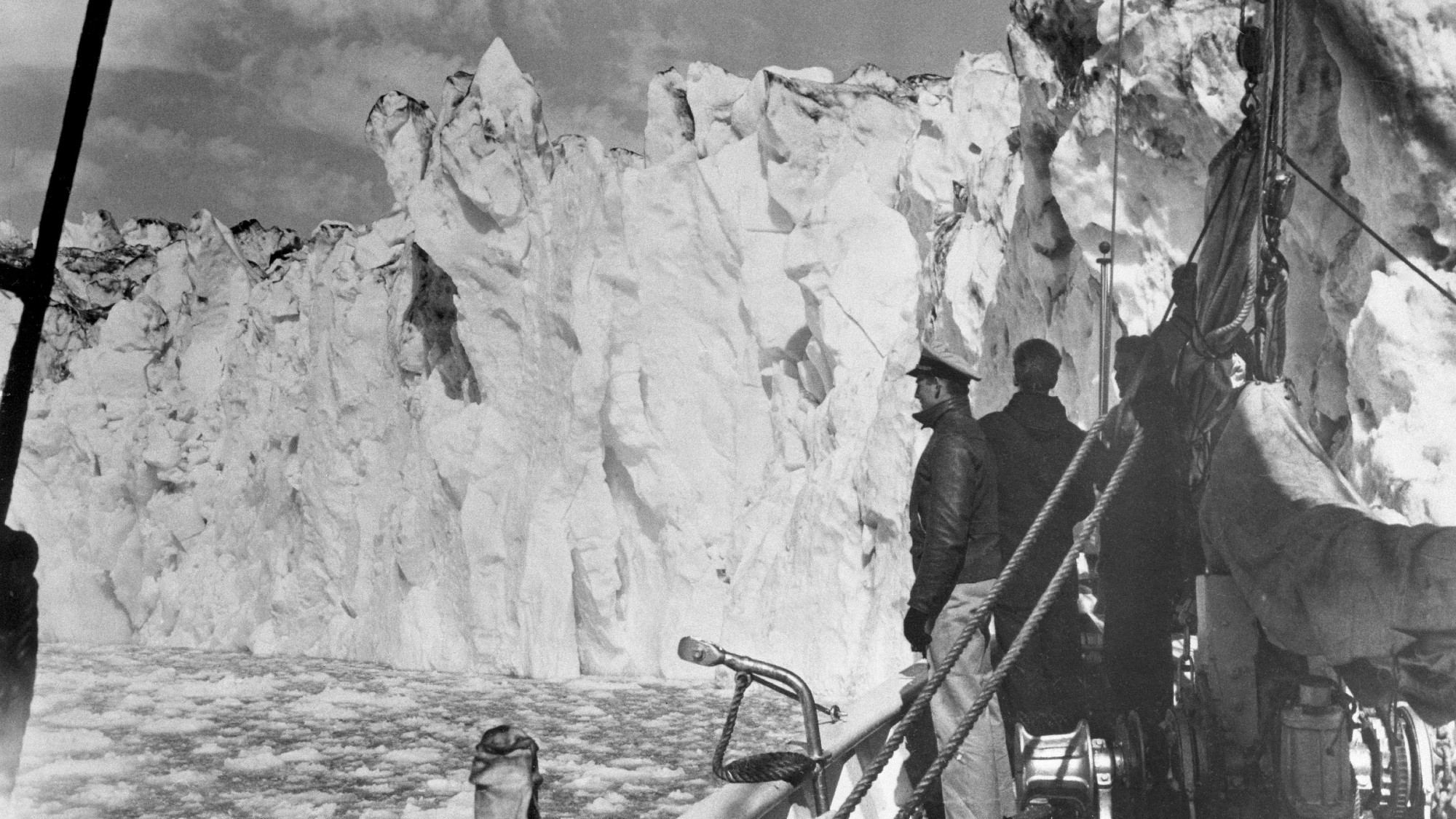 Why Greenland has been a US military stronghold since the Second World War
Why Greenland has been a US military stronghold since the Second World WarIn Depth American interest in acquiring Greenland is rooted in decades of military and economic strategy
-
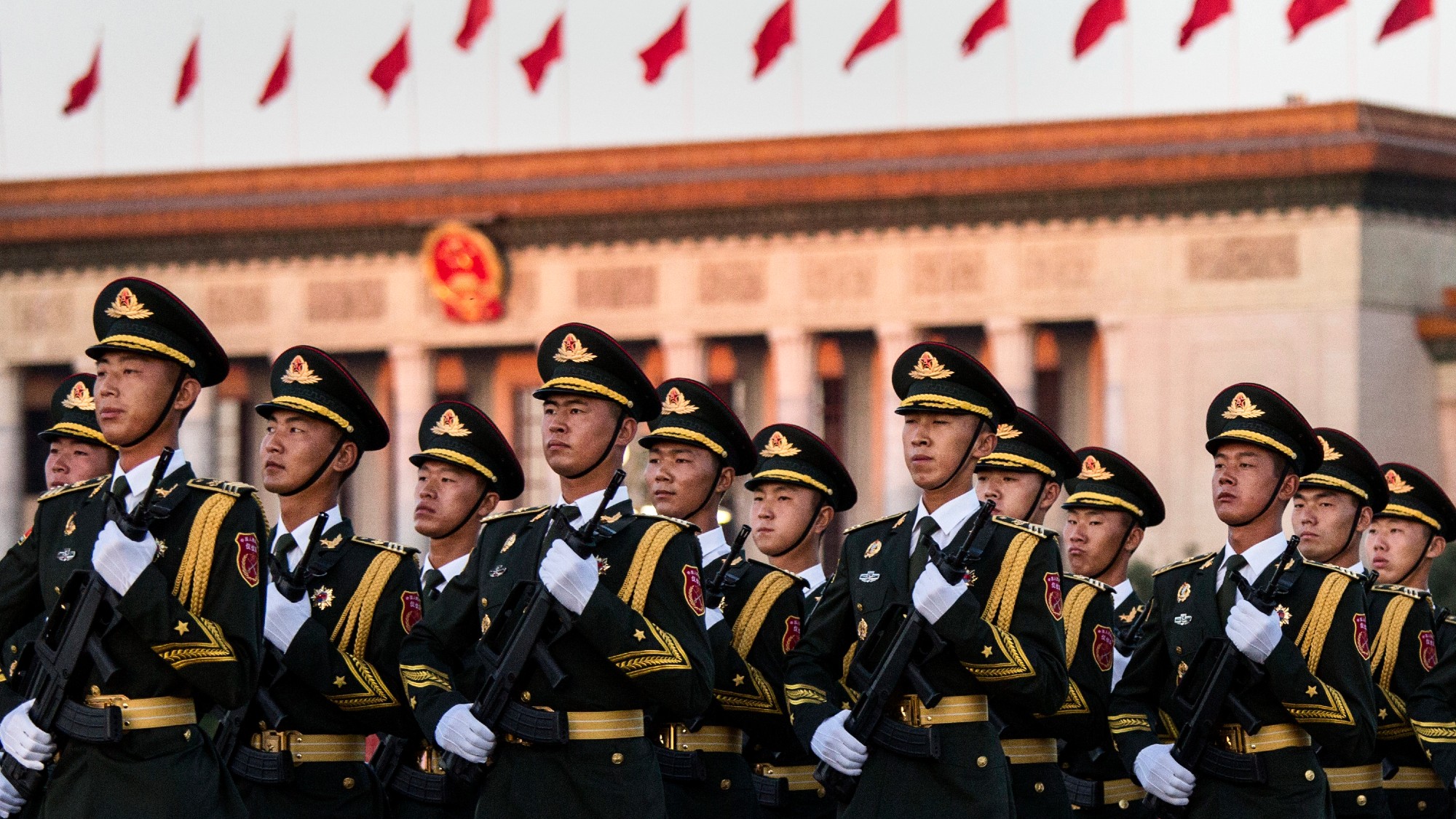 How China rewrote the history of its WWII victory
How China rewrote the history of its WWII victoryIn Depth Though the nationalist government led China to victory in 1945, this is largely overlooked in modern Chinese commemorations
-
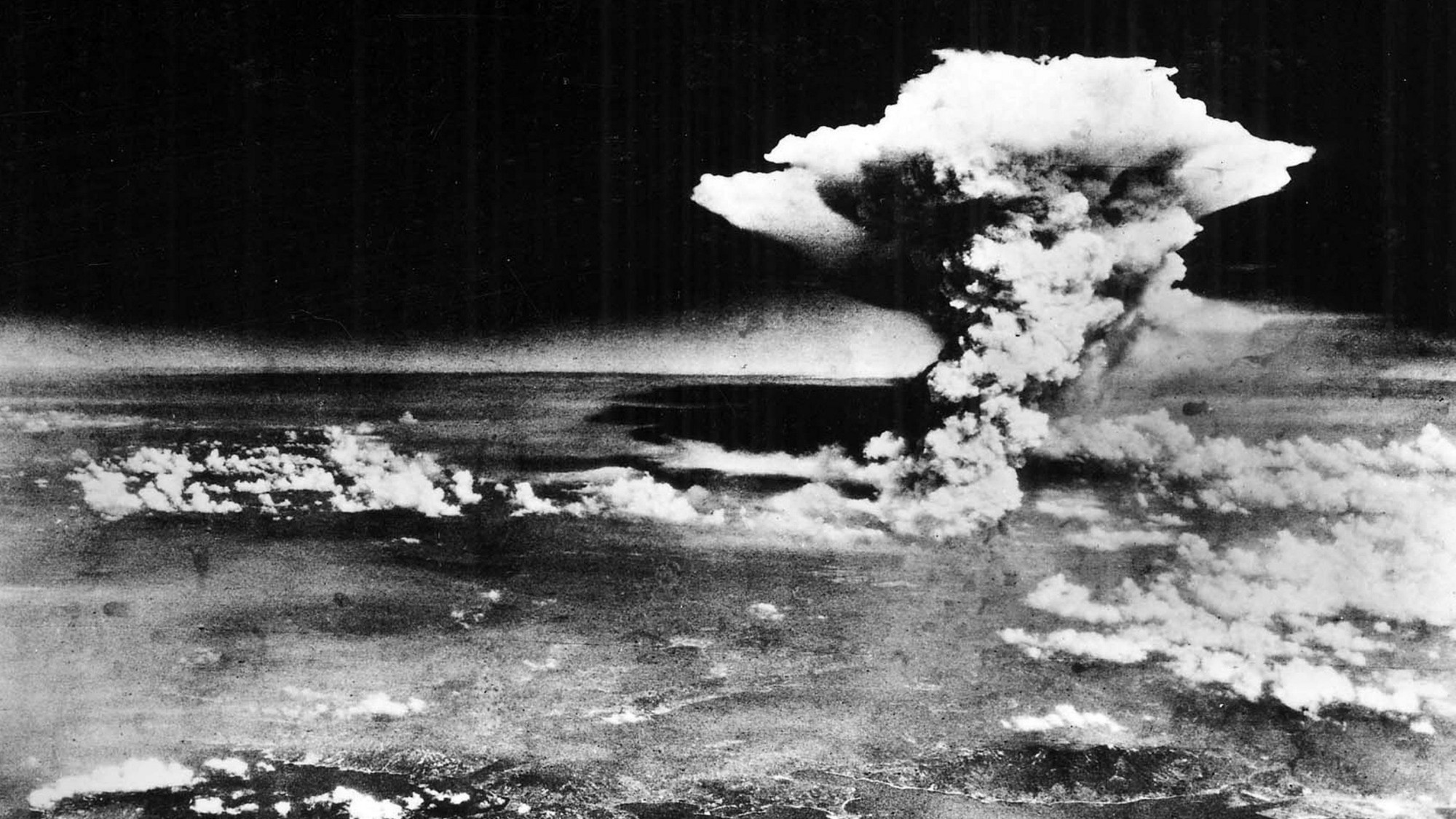 America's controversial path to the atomic bomb
America's controversial path to the atomic bombIn Depth The bombing of Hiroshima followed years of escalation by the U.S., but was it necessary?
-
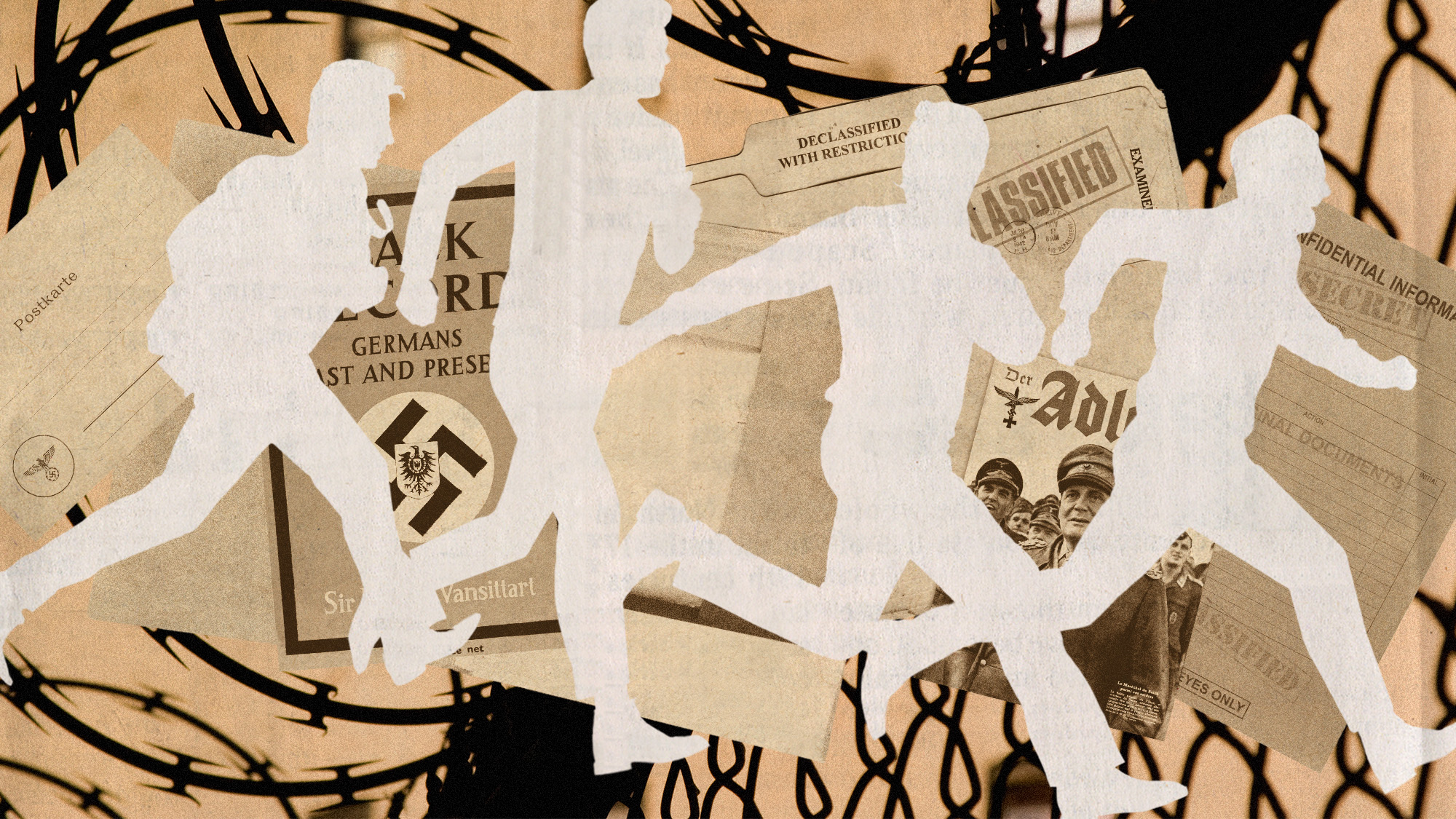 Argentina lifts veil on its past as a refuge for Nazis
Argentina lifts veil on its past as a refuge for NazisUnder the Radar President Javier Milei publishes documents detailing country's role as post-WW2 'haven' for Nazis, including Josef Mengele and Adolf Eichmann
-
 D-Day: how allies prepared military build-up of astonishing dimensions
D-Day: how allies prepared military build-up of astonishing dimensionsThe Explainer Eighty years ago, the Allies carried out the D-Day landings – a crucial turning point in the Second World War
-
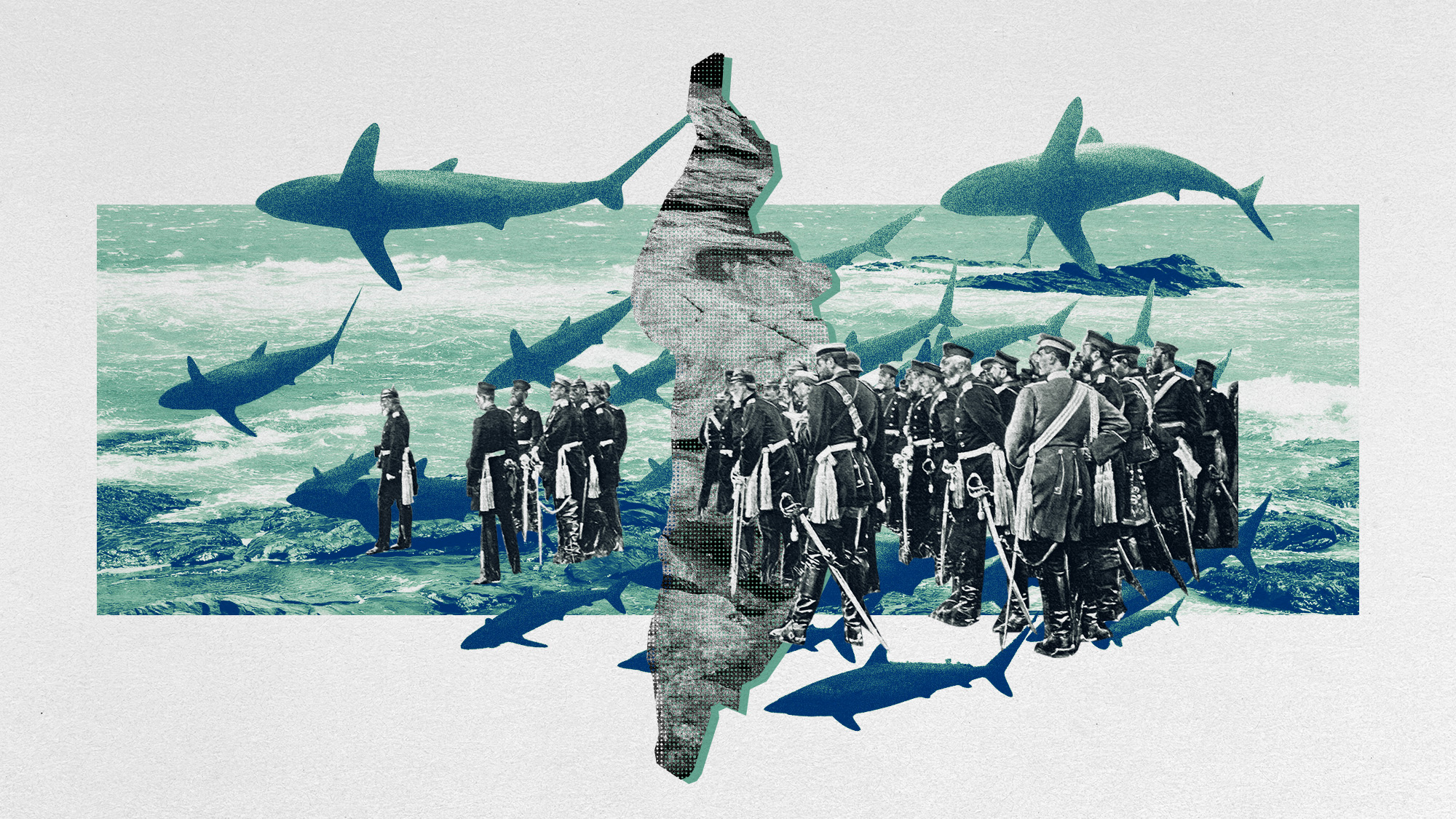 Namibia grapples with legacy of genocide on Shark Island
Namibia grapples with legacy of genocide on Shark IslandUnder the radar A non-profit research agency believes it has located sites of unmarked graves of prisoners
-
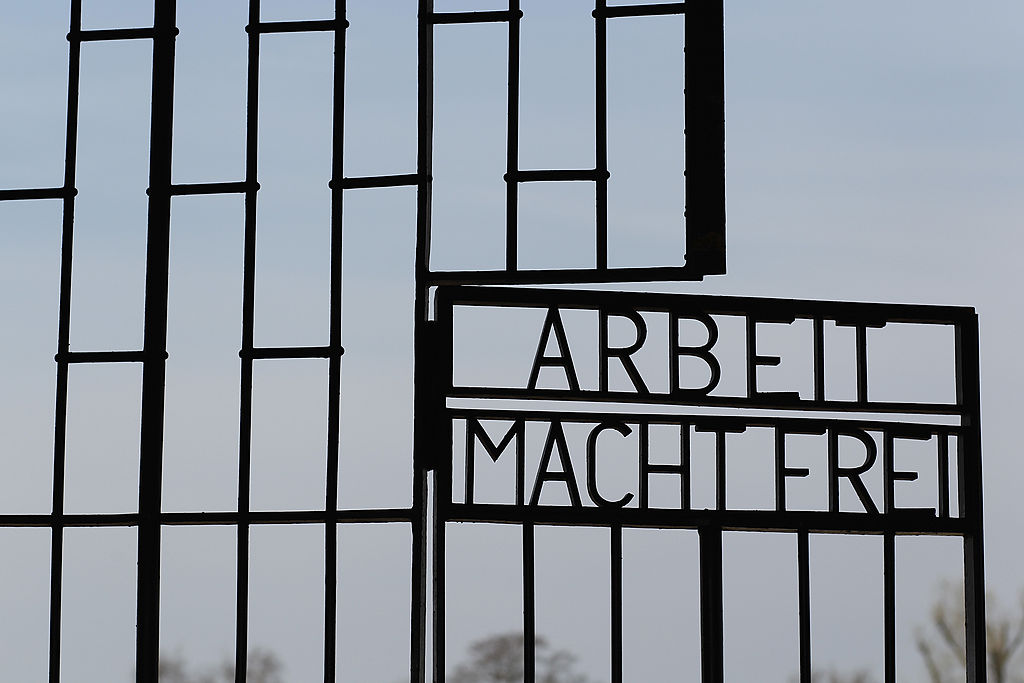 98-year-old charged with accessory to murder during Holocaust
98-year-old charged with accessory to murder during HolocaustSpeed Read
-
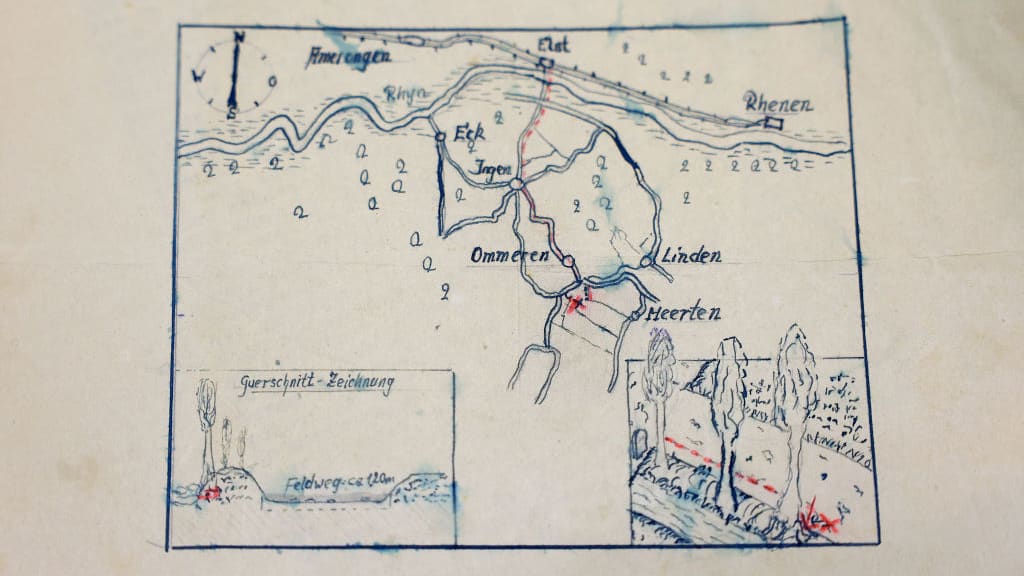 WWII-era map leads to Dutch treasure hunt
WWII-era map leads to Dutch treasure huntSpeed Read